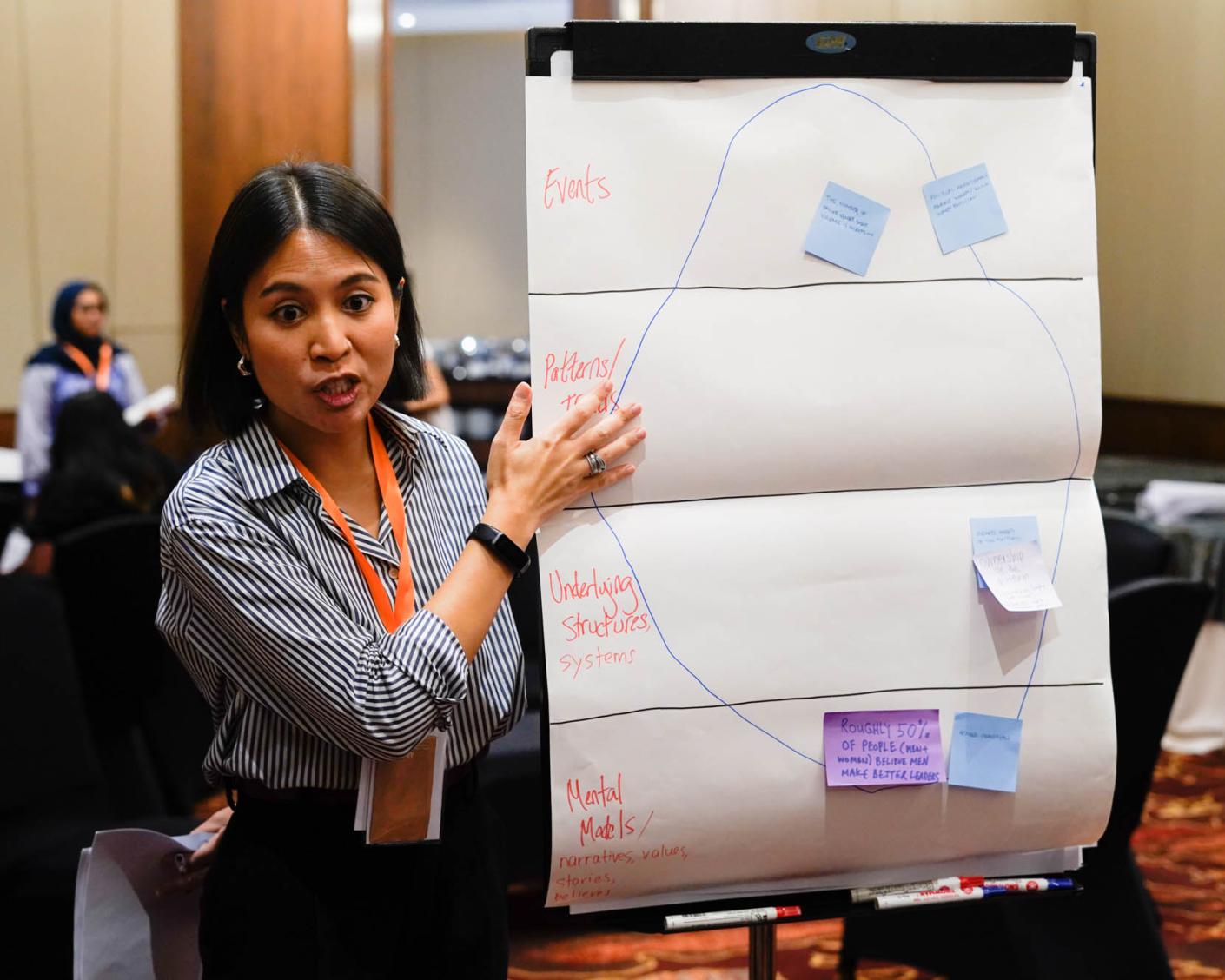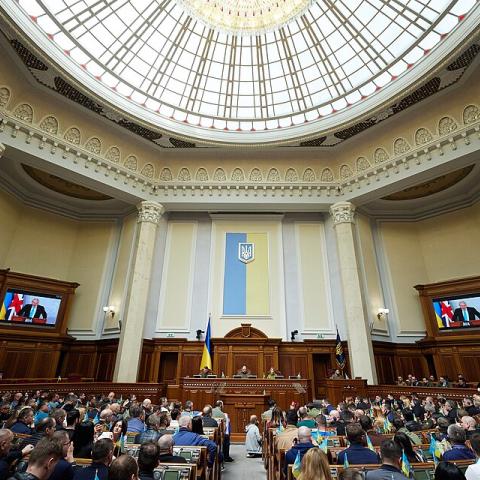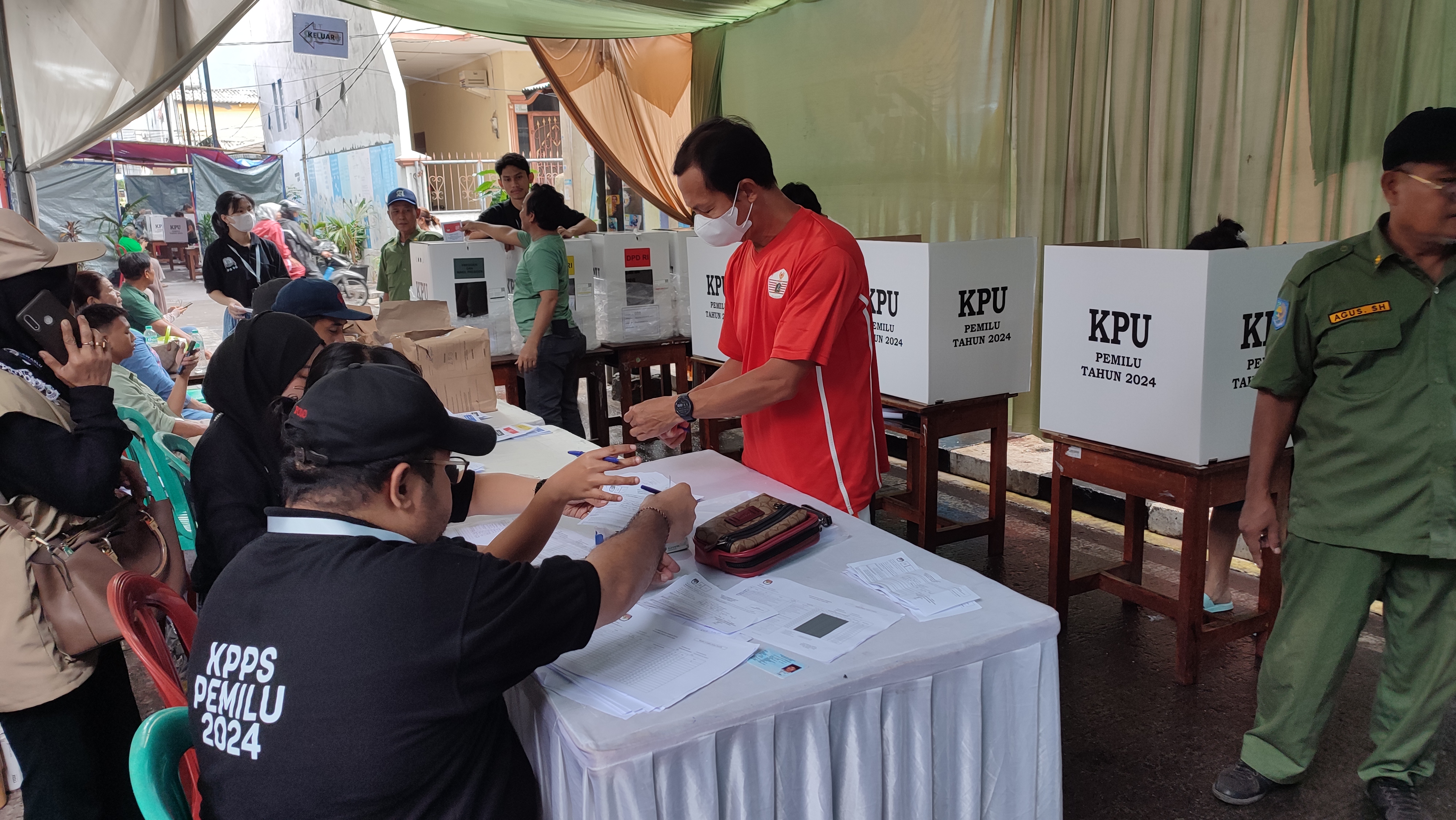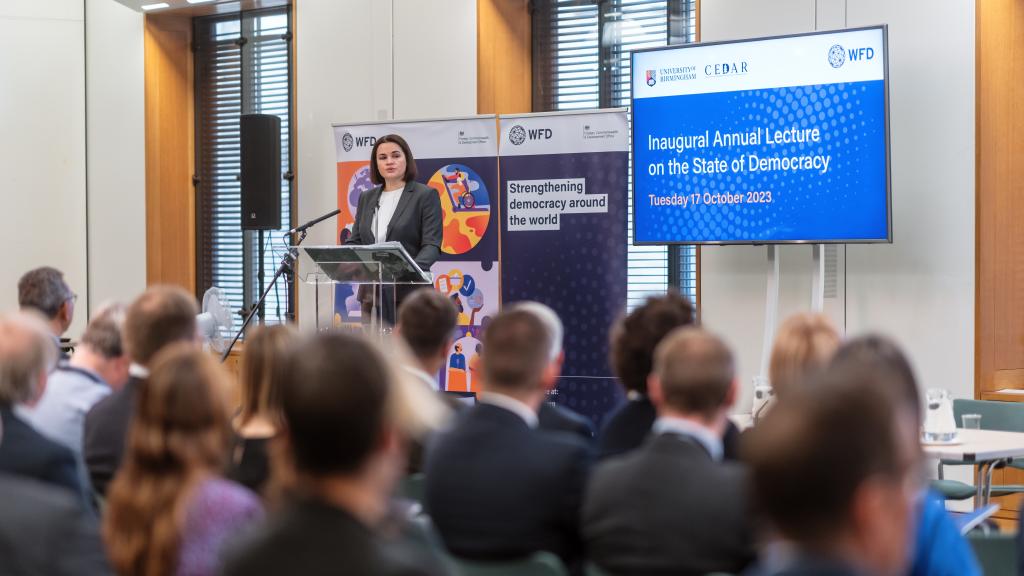Past events

The Democracy Action Partnership (DAP) 2024 focuses on WFD’s extensive research on the Cost of Politics - the costs of running for and maintaining political office.

The origins of the current debt crisis are both historical and more recent. They include global power dynamics, international and regional barriers to trade and infrastructure development, national political histories and governance decisions around economic development, and climatic and other natural disasters.

When countries are in or at high risk of debt distress and need financial assistance, governments are the sole parties that negotiate with the International Monetary Fund (IMF), often with little input from civil society. Because of this, unpopular deals often lack legitimacy in the eyes of citizens. But active and inclusive civil society oversight can significantly enhance the legitimacy, transparency, and effectiveness of financial assistance programmes.

In the face of a global debt crisis, the need for stronger oversight and accountability in public debt management has never been more urgent. As governments navigate complex borrowing landscapes, the role of parliaments in ensuring responsible debt governance has come into sharper focus.

The Course on Post-Legislative Scrutiny in the context of the Climate and Environmental Emergency offers an in-depth exploration of the theory and practice of PLS as an oversight tool. The course adopts a holistic outlook that places PLS in the legislative cycle and delves into the practice of PLS piloting and innovations over the last few years.

Join us for the first of our four-part series, where we will be discussing the importance of debt transparency and how parliaments and debt managers can enhance debt management and transparency outcomes.

In the wake of the Ukraine Recovery Conference 2025, Westminster Foundation for Democracy (WFD) invites you to a powerful and timely conversation grounded in the latest report: “The gendered impact of the Russian full-scale invasion on the priorities of Ukrainian MPs’’.

Join us for this important two-day event on 8–9 July 2025, online and in Chișinău, Republic of Moldova. The conference is proudly hosted by the Central Electoral Commission of Moldova in partnership with Westminster Foundation for Democracy, International IDEA, UNDP, the Council of Europe, IFES, and the International Republican Institute and other organisations.

This seminar will introduce WFD’s trauma-informed, cyclical risk assessment framework designed to help political institutions reflect on and address systemic risks that perpetuate violence against women in politics (VAWP). The event will feature a keynote, methodology presentation, and a high-level panel discussion with regional stakeholders.

Join us for an engaging conversation exploring the merits, requirements, and challenges of conducting Post-Legislative Scrutiny (PLS) by sub-national parliaments and assemblies.
As regional governments increasingly shoulder critical legislative responsibilities, the ability to evaluate whether laws are achieving their intended outcomes has never been more important. Due to its proximity to citizens, PLS at the sub-national level allows for richer data collection and engagement with civil society and stakeholders.
This PLS Clinic brings together expert voices from sub-national legislatures in Kenya, Nigeria, Nepal, and Australia.
The panel will explore how PLS enables sub-national assemblies to verify whether legislation, often designed centrally or nationally, fits regional needs and has the intended impact on diverse communities. They will share practical insights into institutional requirements and resources.

